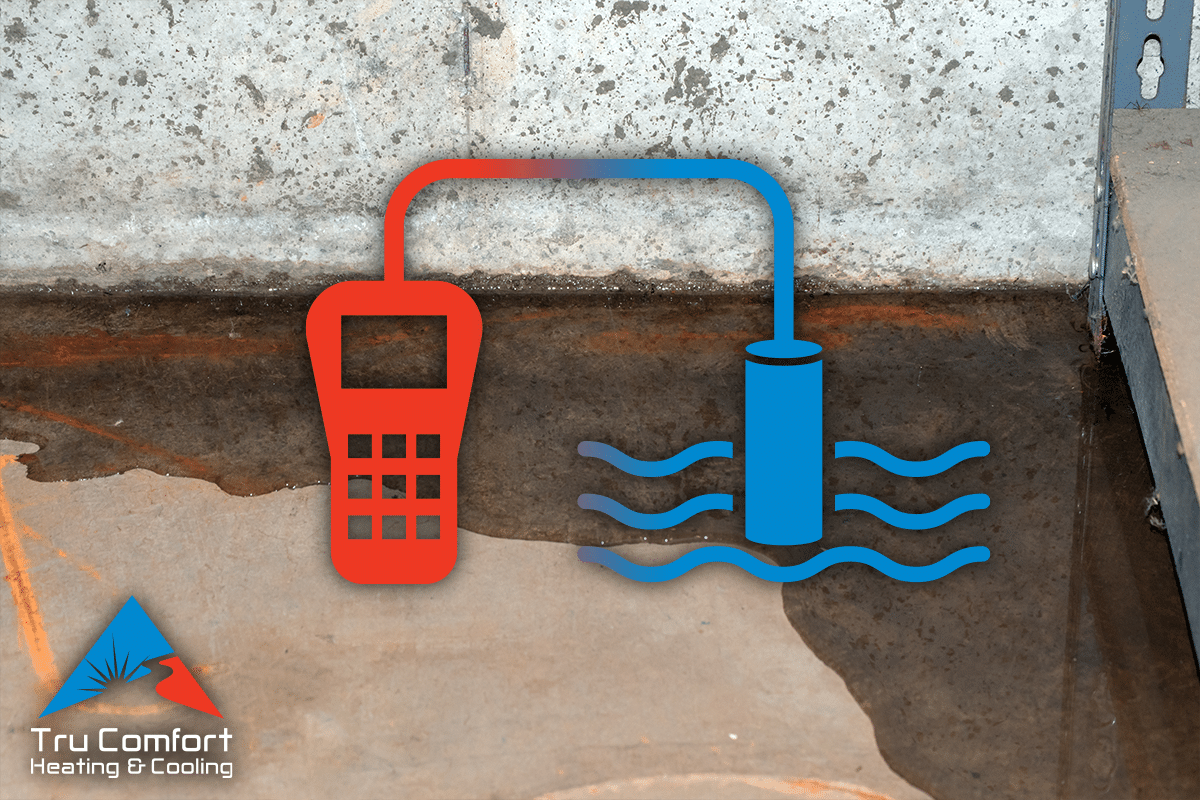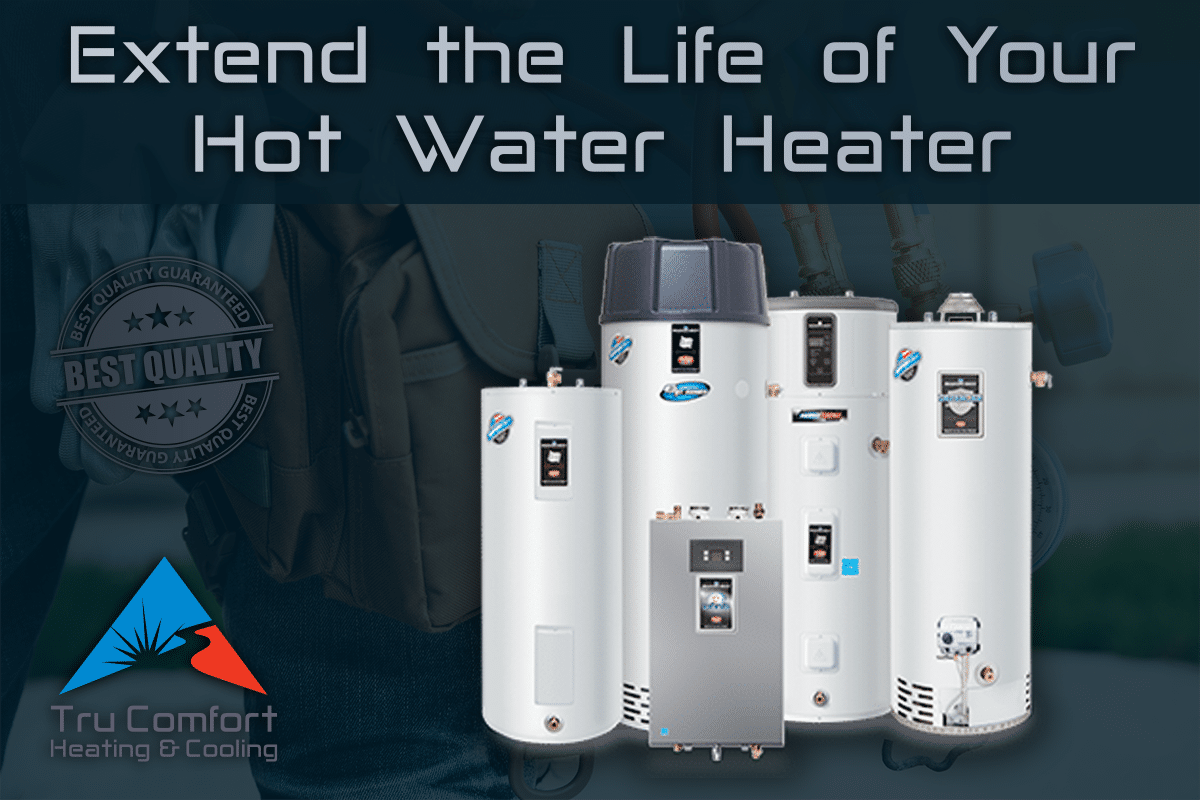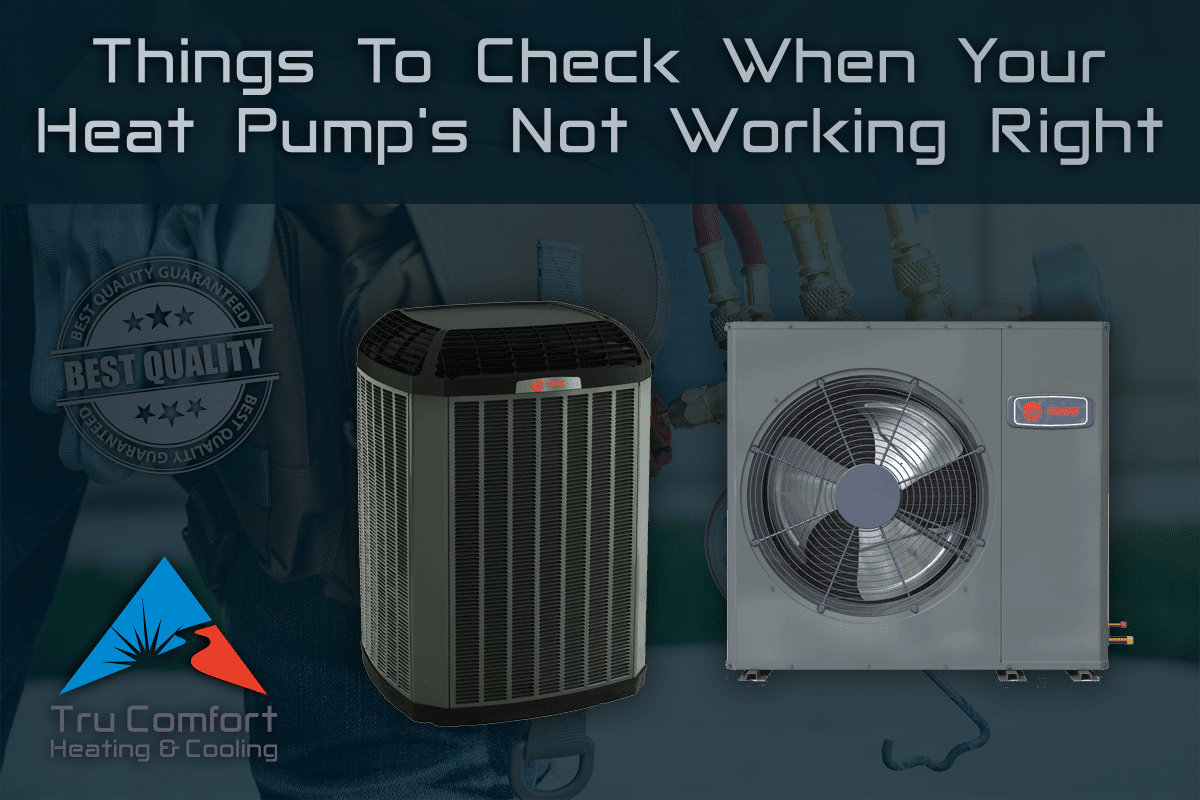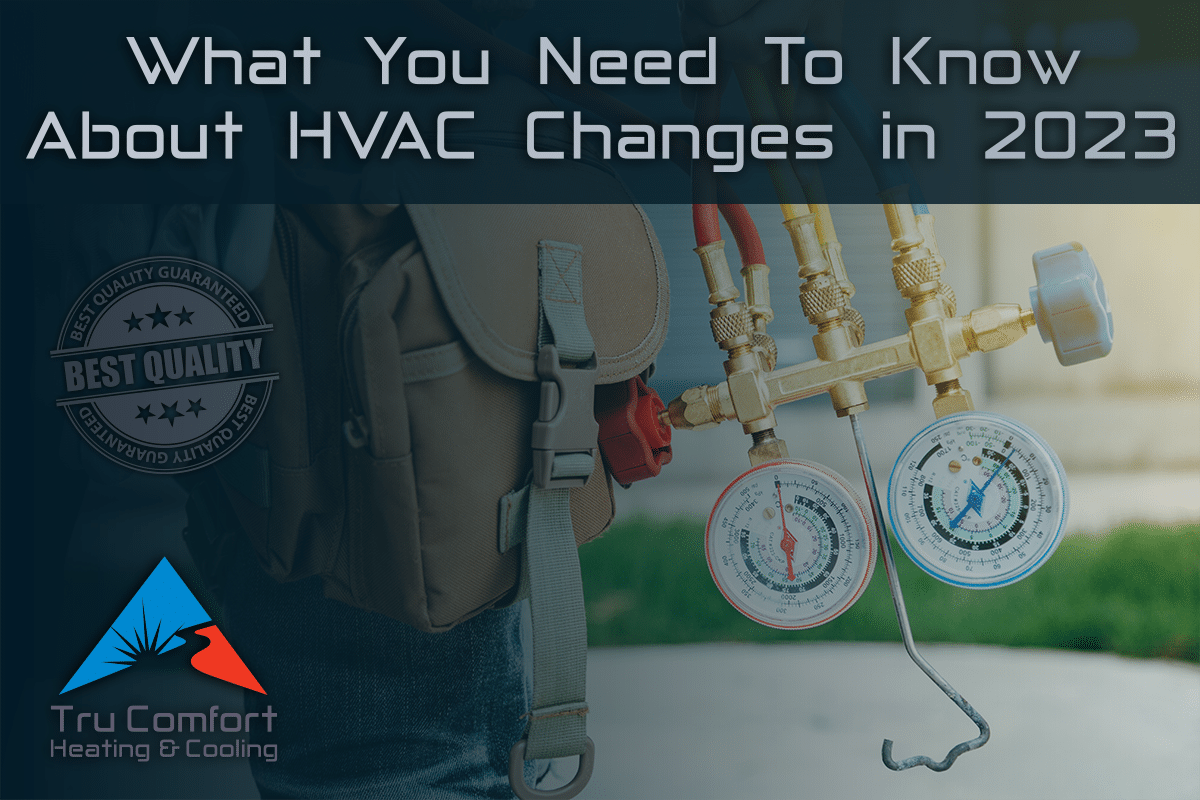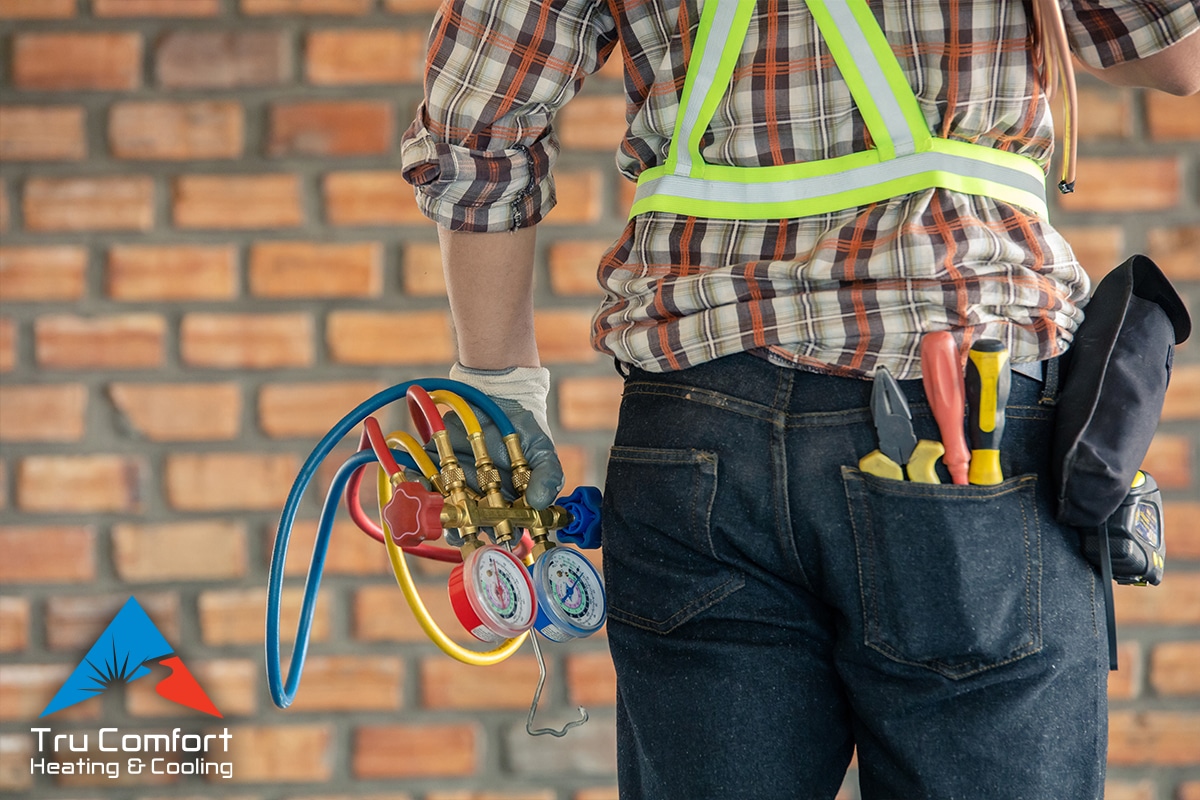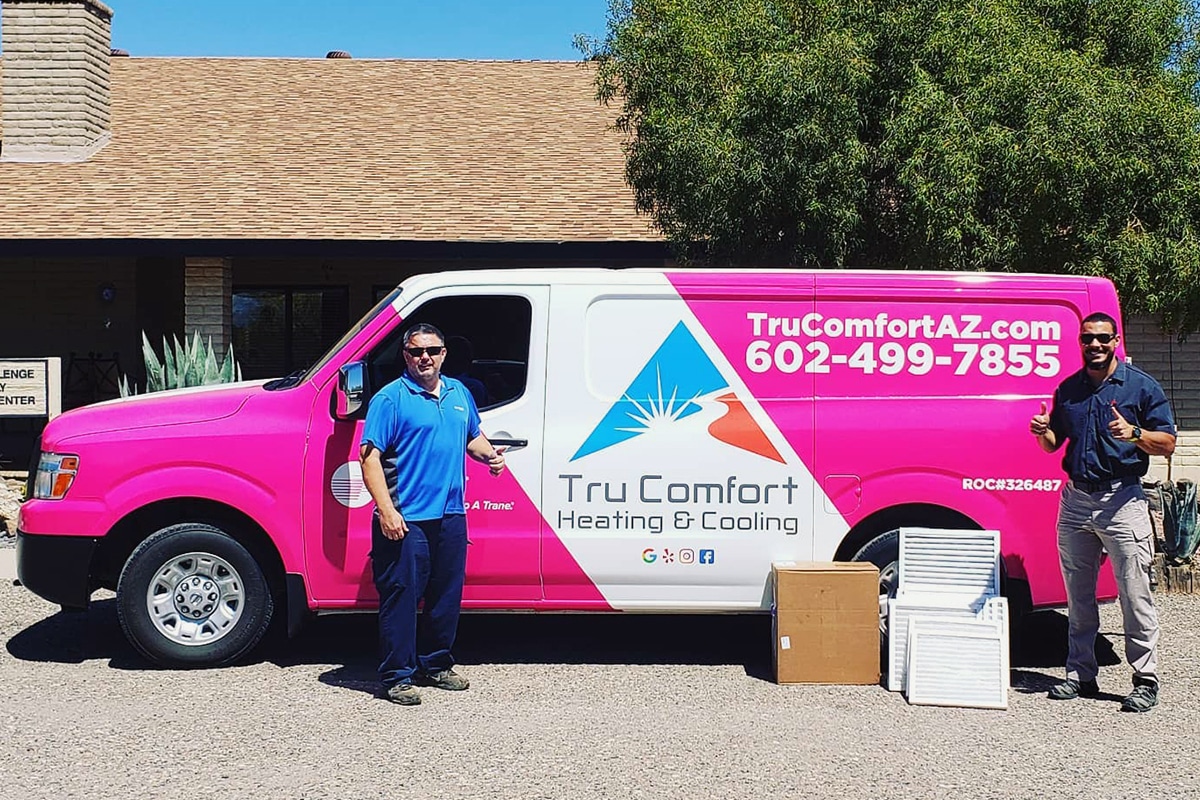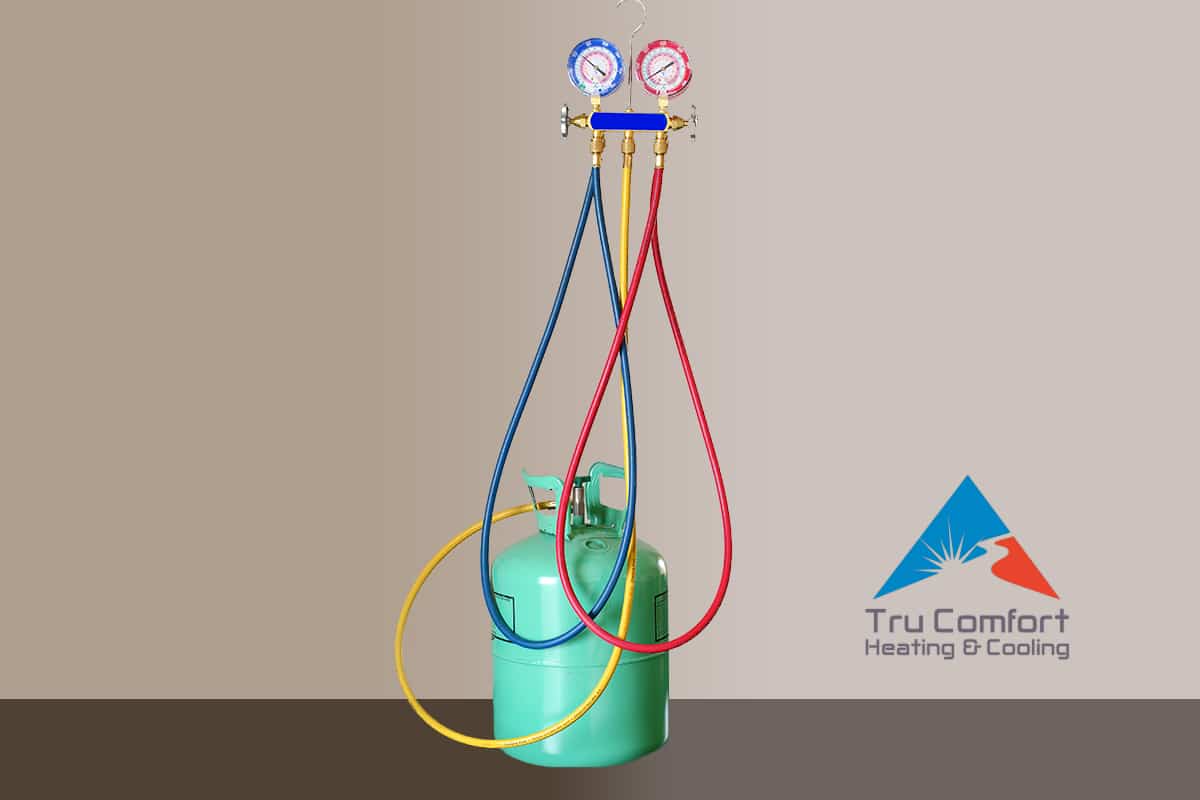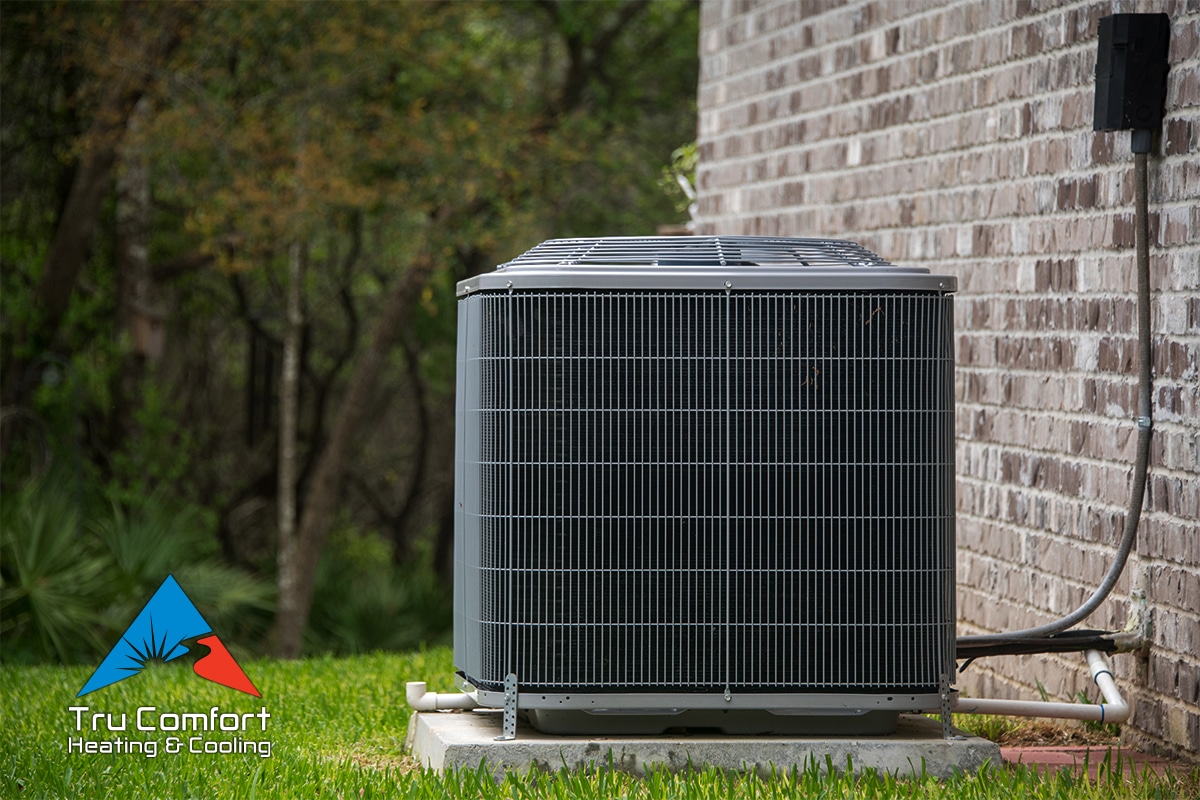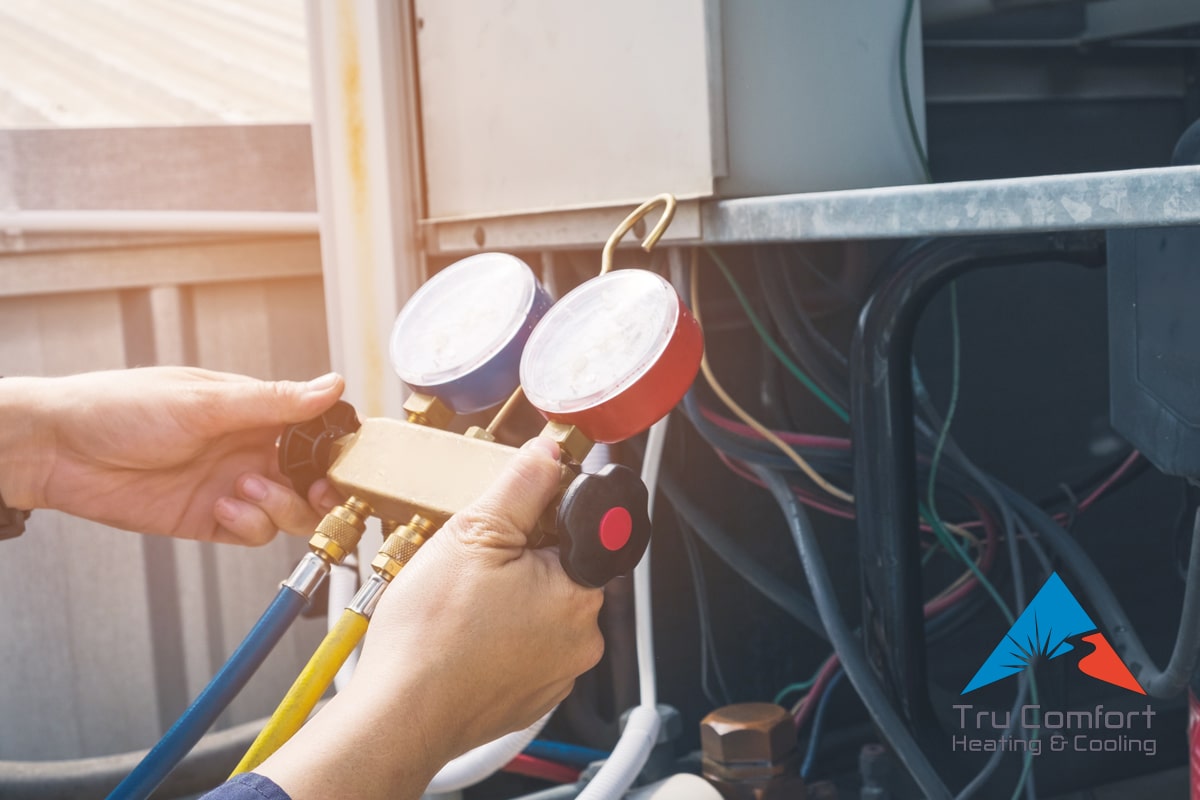Having reliable water filtration is critical for maintaining good health, which means maintaining the integrity of your water filtration system should at least be among your top priorities. We understand, however, that owning a home or business is a massive responsibility that requires you to divide your focus, and things like your water filtration system can easily slip out of sight and out of mind. That’s why one of our top priorities at Tru Comfort Heating and Cooling will always be arming our residential and commercial clients with the comprehensive resources they need to stay on top of their incessant HVAC obligations.
Water Leak Detectors For Our Reverse Osmosis (RO) Systems
If you happen to own one of our revolutionary reverse osmosis systems, you will be happy to know we can also ensure you have one of our LBS-10 LeakBlock Sensors equipped for your convenience. This sensor is applicable in several different ways to prevent serious leaks and flooding by preventing water from accessing the RO system. Ask our knowledgeable technicians how to effectively maximize the efficiency of your LBS-10 LeakBlock Sensor in conjunction with your unique RO system, and we’ll make sure you have everything you need to systematically improve your water quality.
Wi-Fi Water Leak & Freeze Detectors
If you are eager to have the most accurate information regarding potential leaks and frozen pipes your property may be experiencing in real-time, talk to one of our technicians about our industry-leading Wi-Fi Water Leak & Freeze Detectors. Whether you’re on your property or out of town, our advanced Wi-Fi Water Leak & Freeze Detectors will ensure you receive regular updates and notifications any time the status of your water heater, sump pump, washer, sink, or other water-based systems or appliances changes using the Resideo Home App. Simply check the app anytime you’re worried or questioning the integrity of your water lines to see live reports on your property’s condition from wherever you are.
Are you looking for more than just water leak and freeze detection resources? You’ve certainly come to the right place. Tru Comfort Heating and Cooling is a full-service heating and cooling services provider dedicated to ensuring the comprehensive comfort and safety of residential and commercial properties throughout central Arizona. If you own a home or business that you need help protecting, simply schedule a time to meet with our trusted HVAC technicians, and we will go over all the ways we can enhance the efficiency and resilience of your property.
For more information on water leak and freeze detection or investing in your property’s HVAC health, we encourage you to connect with our talented heating and cooling technicians at Tru Comfort Heating and Cooling by calling (602) 499-7855, or simply fill out the form in the sidebar.
